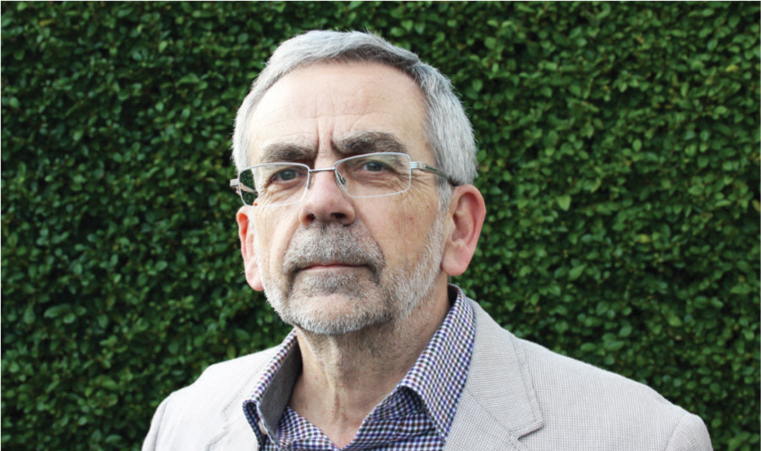
A young graduate was working as a teaching assistant in a school with the aim of gaining experience before applying for a teacher training course. A keen social network user, he had a few different accounts and maintained what might be described as a teenage approach to his postings. He was popular with the students and commanded respect from them, and supported the teachers in a positive way.
After a few months he was called to the head teacher's office and challenged about some of the unprofessional postings on social media. As a new, unqualified teaching assistant he had little understanding of the broadness of professional behaviour expected in the teaching profession, specifically the standards expected of him on social media. His teaching career was over before it had even begun.
I am using this example, not to justify his actions in any way, but to demonstrate the professional and moral transitions required of some people, particularly the young and possibly naive, as they grapple with managing the huge benefits of social media with the realities of using it safely and responsibly. It also shows the devastating impact that misuse of social media can have on future careers.
All universities, NHS trusts and independent healthcare providers have policies on the safe and responsible use of social media. Student nurses will have at least one session on the subject and the standards expected of them by both the university and the Nursing and Midwifery Council (NMC).
The NMC's Guidance on Using Social Media Responsibly (2019) explores the interpretation of the NMC Code (2018) in specific relation to our use of social media. It acknowledges that this is a dynamic field and guidance may change as new areas develop. It states:
‘Nurses, midwives and nursing associates may put their registration at risk, and students may jeopardise their ability to join our register, if they act in any way that is unprofessional or unlawful on social media including (but not limited to):
The NMC (2019) guidance also states that social media can be used for ‘establishing or accessing nursing and midwifery support networks and being able to discuss specific issues, interests, research and clinical experiences with other healthcare professionals globally’. This is potentially one of the great benefits of social networking; a nurse, working in a remote geographic area could be part of a ‘private/closed’ support and information-sharing group with other specialists in the UK and globally.
But how private is the group, given that any post could be re-posted publicly? Who checks who joins it? Who monitors what is said and exchanged? These are areas that require specific guidance for the clinician by the human resource and IT specialists from the employing trust. In my early days of working with teams developing clinical supervision I would have supported the use of such groups that enable the sharing of ideas and support without face-to-face meetings. I now think that this leaves so many unanswered questions and possible dangers that I can no longer support this.
Where does that leave our use of social media and social networking? My personal working rule is ‘proceed with caution’, ‘think carefully before you type’ and remember that whatever you put on social media is there forever—even if you take it down, it will be somewhere in the wonderful worldwide web.
Many people seem to enter into social media communications in the same way they might have a conversation with a friend over a coffee. If those ‘standards’ that we employ when having a coffee conversation are transferred to our social media ‘friends’, we are in danger of creating some serious problems for ourselves. The conversation with our face-to-face friend can be confidential and, if we trust them, we can share and explore personal information in supportive and meaningful ways. That is not possible on social media; even if initially it is private and confidential, the details of such a conversation have the potential to go public at any time in the future. A ‘rant’ with a friend, face to face after a bad shift can be cathartic, but if that occurs on social media the consequences can be destructive in many ways to many people.
If you have not already done so, download the NMC document and take it to a team meeting for discussion. There are no simple answers, but there are general principles that all people working in our teams need to be aware of and have the opportunity to discuss.

